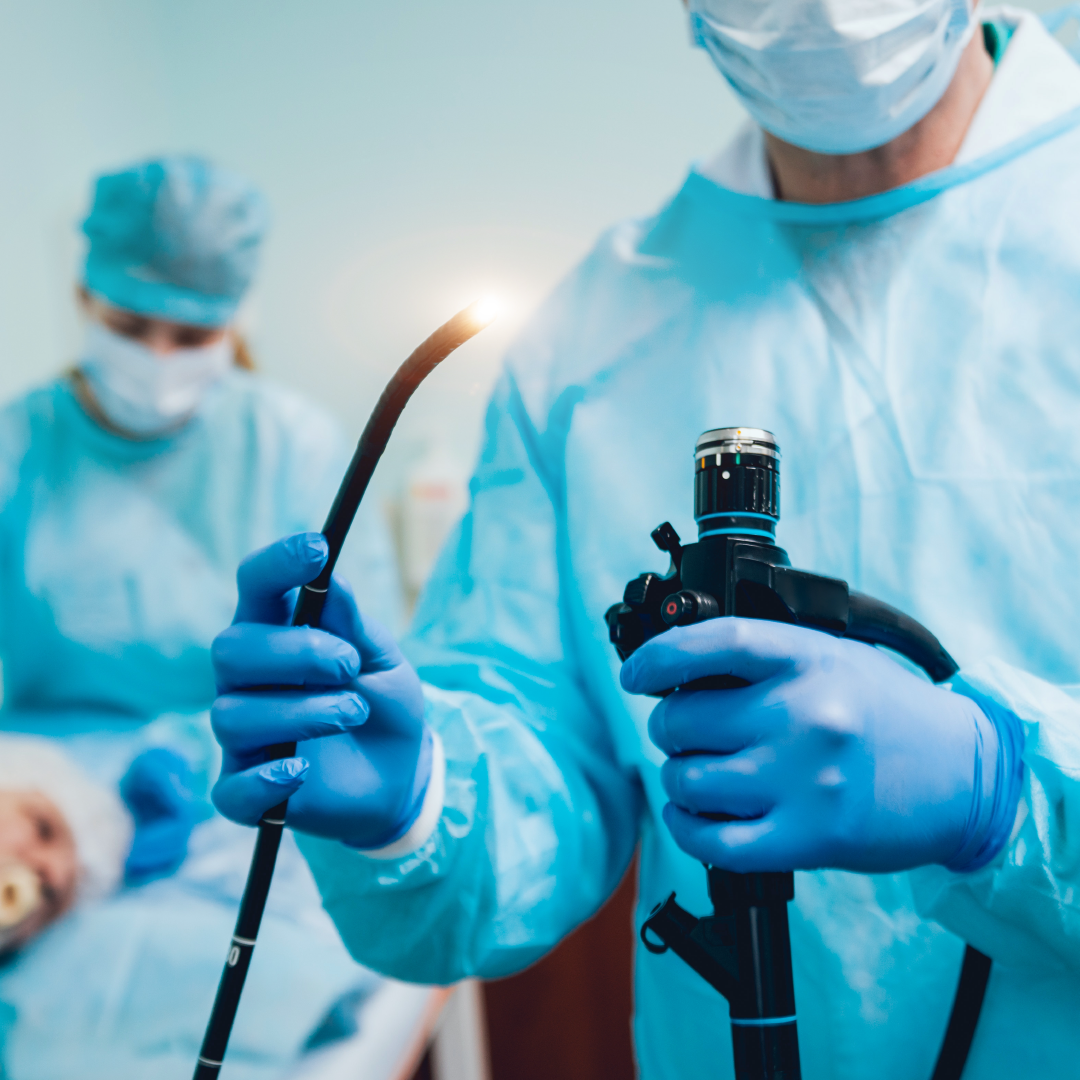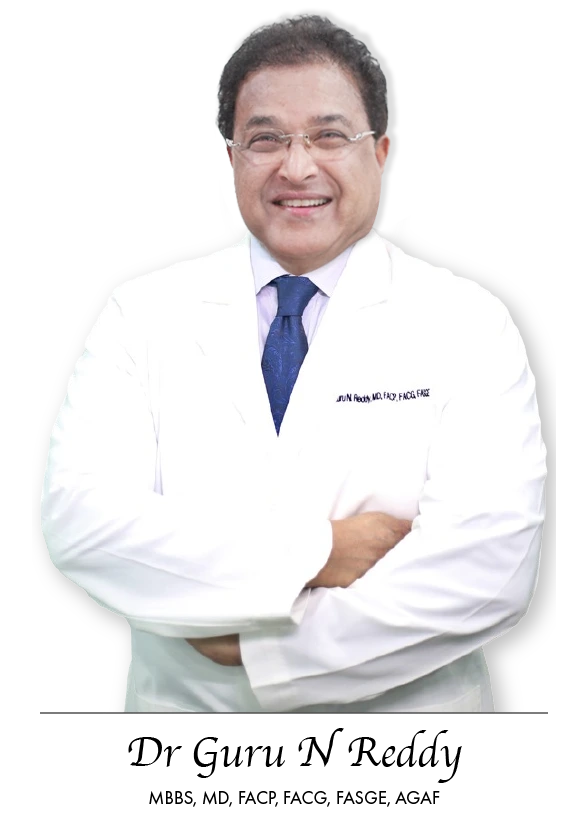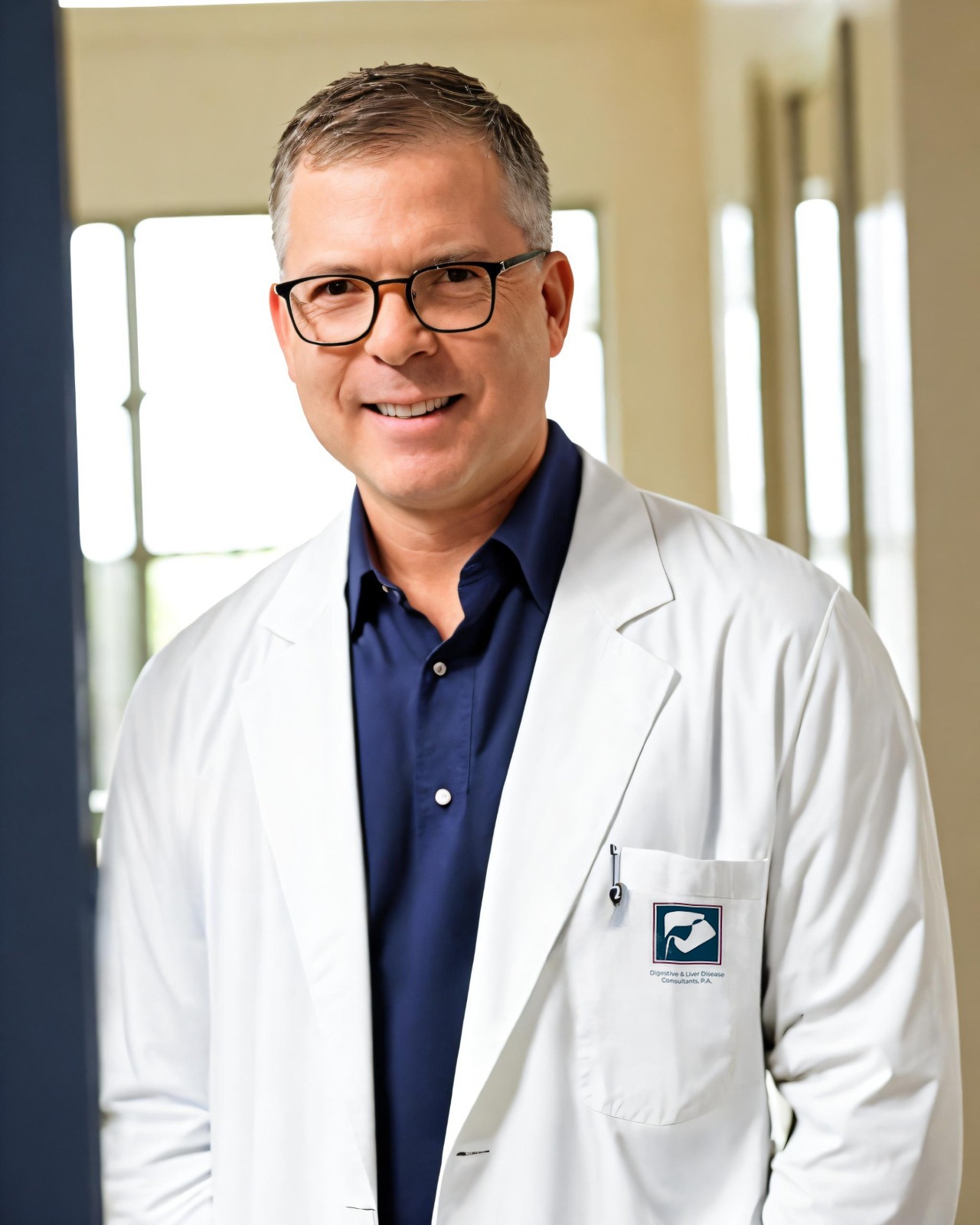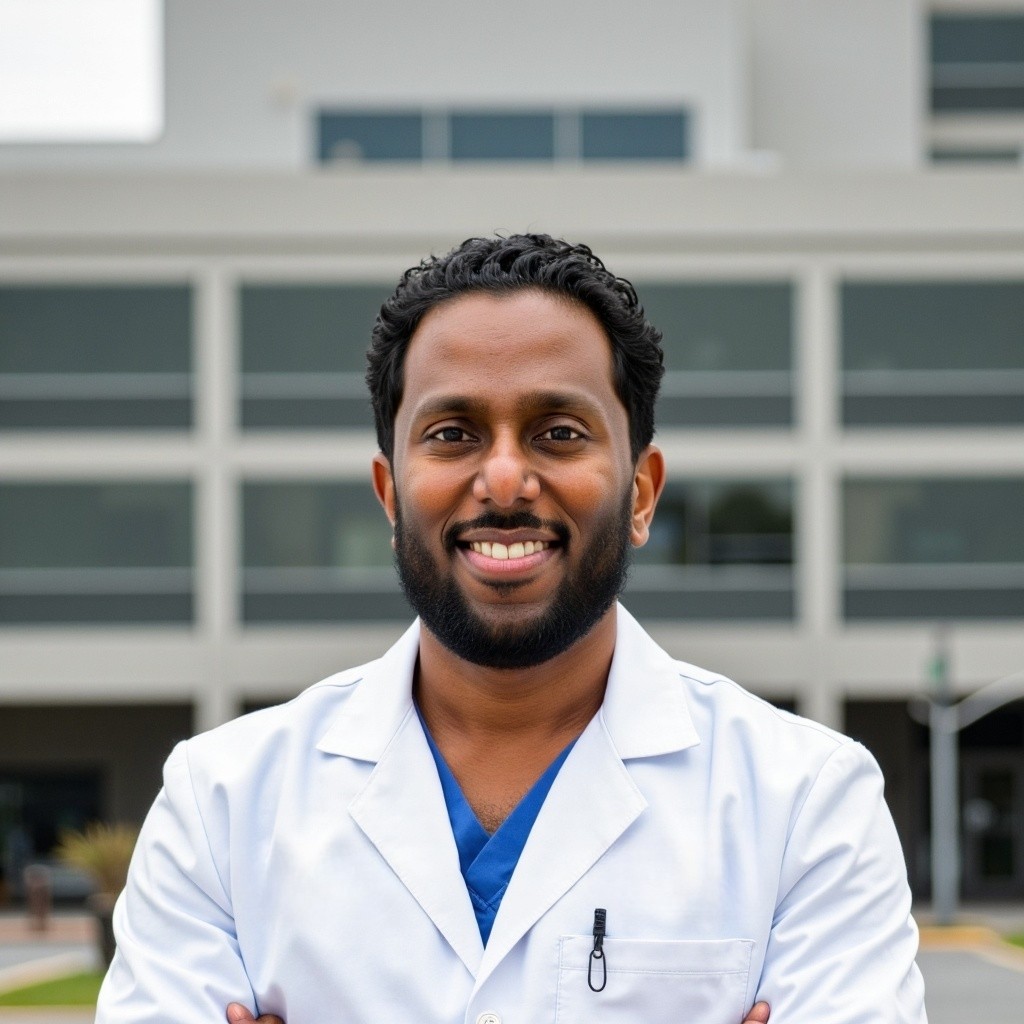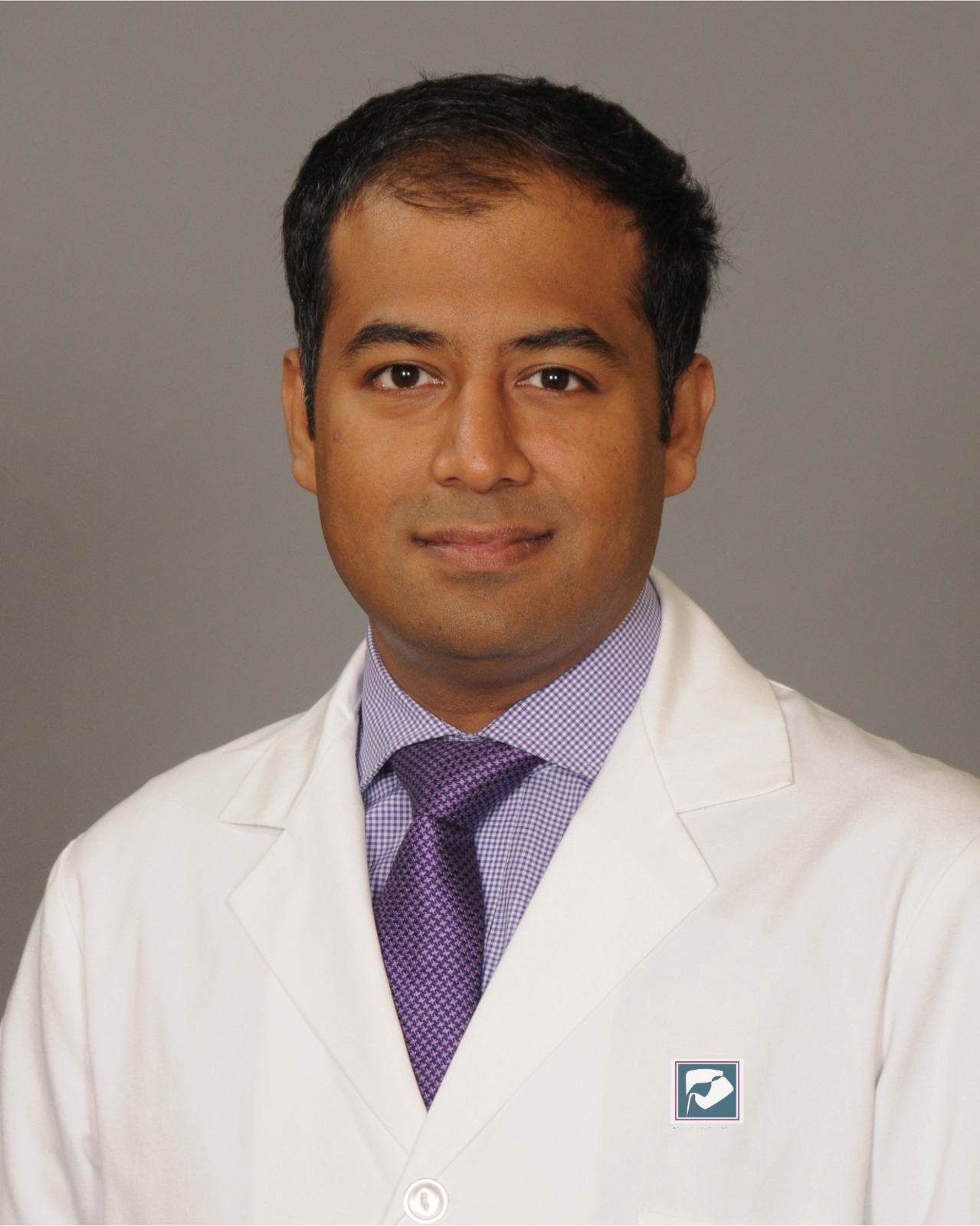Frequently Asked Questions
A colonoscopy is a diagnostic procedure used to examine the inner lining of the colon and rectum using a flexible camera tube.
Most people should begin colon cancer screening at age 45, or earlier if there's a family history or symptoms.
Most patients experience little to no pain during a colonoscopy due to sedation.
The procedure usually takes 30–60 minutes.
You’ll need to follow a clear liquid diet and take a bowel prep to empty your colon the night before.
Colonoscopy is generally safe, with rare risks including bleeding or perforation.
Yes, you can usually resume eating light food after the procedure once you recover from sedation.
If normal, every 10 years; if polyps are found, your doctor may recommend sooner.
Most insurance plans, including Medicare, cover screening colonoscopy.
Visit gimed.net to find a DLDC location near you in Houston, Baytown, or The Woodlands.
Polyps are abnormal tissue growths in the colon that can be precancerous and are removed during colonoscopy.
No, you’ll need someone to drive you home due to sedation effects.
It’s a CT scan-based alternative, but less effective for polyp removal or biopsy.
It allows direct visualization and removal of abnormal growths during the same session.
Symptoms like rectal bleeding, persistent diarrhea, or anemia may require earlier screening.
No, but it helps rule out other conditions that mimic IBS symptoms.
No, colonoscopy is an outpatient procedure. You can go home the same day.
Yes, with proper assessment and monitoring, it is safe for seniors.
Some medications may need to be paused—your doctor will guide you during prep.
Polyps are usually removed during the colonoscopy and sent for biopsy.

